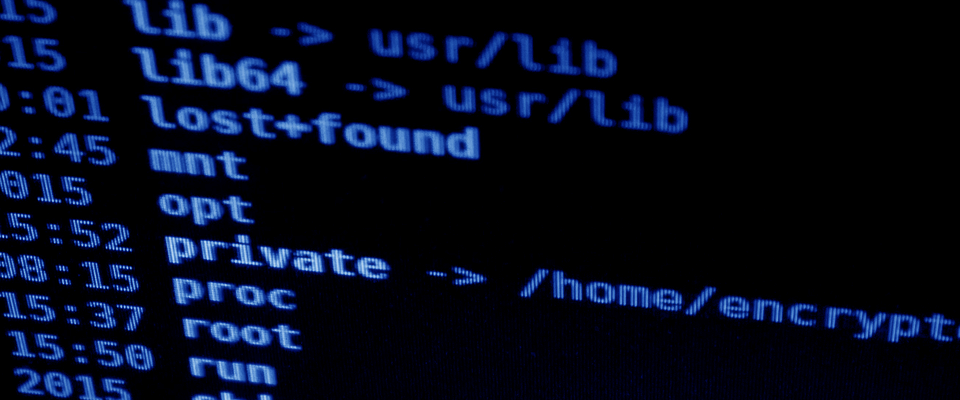Using church money for personal reasons is stealing. Intention, rationale, or even promises to return funds does not change this fact.
While it's easy to believe fraud could never happen in your church, the truth is that no church is invulnerable. I've personally seen how common it is among churches. Consider these cases:
- A church treasurer embezzled $850,000 by distributing funds to himself through a credit line. He had access to four officers' digital signatures. His crime led to eight years in prison and the requirement to pay the money back.
- A 55-year-old female church bookkeeper embezzled a modest $3,000 dollars but was sentenced to eight years in prison.
- A church usher collected offerings in the sanctuary balcony and then pocketed loose bills on his way down. Over a number of years, he stole several thousand dollars.
- A church bookkeeper embezzled thousands by issuing checks to a fictitious company.
Church fraud characteristically takes place over a long period of time—seven years on average—and involves small sums stolen intermittently. For that reason, it can be difficult to detect.
To make matters worse, many churches lack the internal financial controls necessary to expose—and prevent—fraud. To help your ministry with this, we've developed a list of prevention steps you can take below.
Furthermore, when fraud is discovered, leaders may fail to report it to their insurance company or local authorities. Unfortunately, this sets the stage for future occurrences. Consider the church business administrator who embezzled $350,000 from his church. It was later discovered he had stolen from a previous church that failed to report it.
Don't put other ministries at risk. Report fraud when it happens.
Why people steal from the church
Most fraud occurs for one or more of these reasons:
- No internal controls. Without proper internal controls, there is a perceived opportunity.
- Financial pressure. The embezzler needs money for some reason.
- Rationalization. An embezzler may think they aren’t paid enough and so deserve the money, or they may consider it borrowing, not stealing.
- Continual exposure to funds in an unsupervised, unregulated environment. According to some studies, this is a more powerful driver in embezzlement than an actual need for money.
How to prevent fraud at your church
The following list will help you safeguard church funds. In addition, it is recommended to hire an independent auditor, such as a CPA firm, to perform a compilation and review of your annual financial statements and internal controls.
Internal Controls
- Have a financial policy in writing.
- Conduct background checks and run credit reports on those handling church funds.
- The signers of checks must not be the person authorizing the expense.
- Require two individuals to sign checks of more than a predetermined amount. The signature documentation (signature card) held by the bank should show this restriction.
- All disbursements should be made by pre-numbered checks and be accounted for weekly.
- Bank reconciliations should be approved by someone not authorized to sign checks or make the deposit and should be done promptly. Look for checks out of sequence.
- Every check written should have written documentation (check request/receipt/invoice) except for payroll checks.
- Invoices and check requests should be marked paid with the date and check number and then filed.
- Do not sign blank checks in advance.
- Implement a credit card policy, requiring prior approval of purchases.
Cash Management Procedures
- Distribute offering envelopes to members. This helps make cash less accessible and ensures members get credit for their cash giving.
- Require two unrelated cash counters for every service, with each completing an Offering/Counter’s Sheet. Have each counter verify the other’s form.
- Rotate cash counters with different individuals on a weekly basis.
- Counting should be done behind a locked door. Install a camera overlooking the counting area.
- Checks should be stamped “For Deposit Only” immediately.
- Deposits should be made as soon as possible. If a deposit cannot be made immediately, place deposits in a locked bank bag and place into a safe. Use of a night depository is recommended if the bank is closed.
If you suspect fraud has occurred and aren’t sure what to do, we can help. Call 866.621.1787 or email me at jsparks@agfinancial.org.
This article does not constitute legal advice and is not a substitute for obtaining professional legal counsel.



